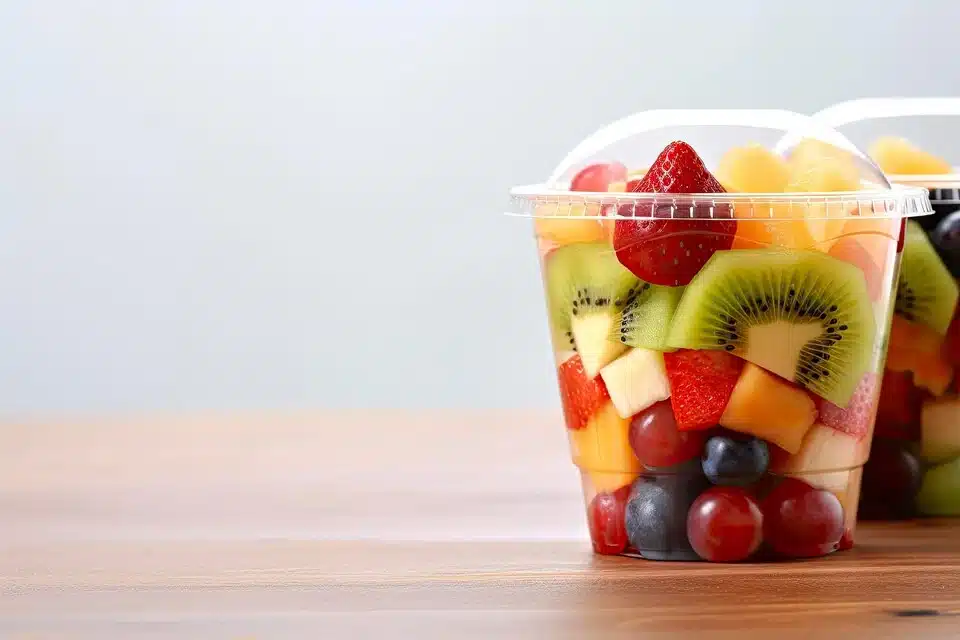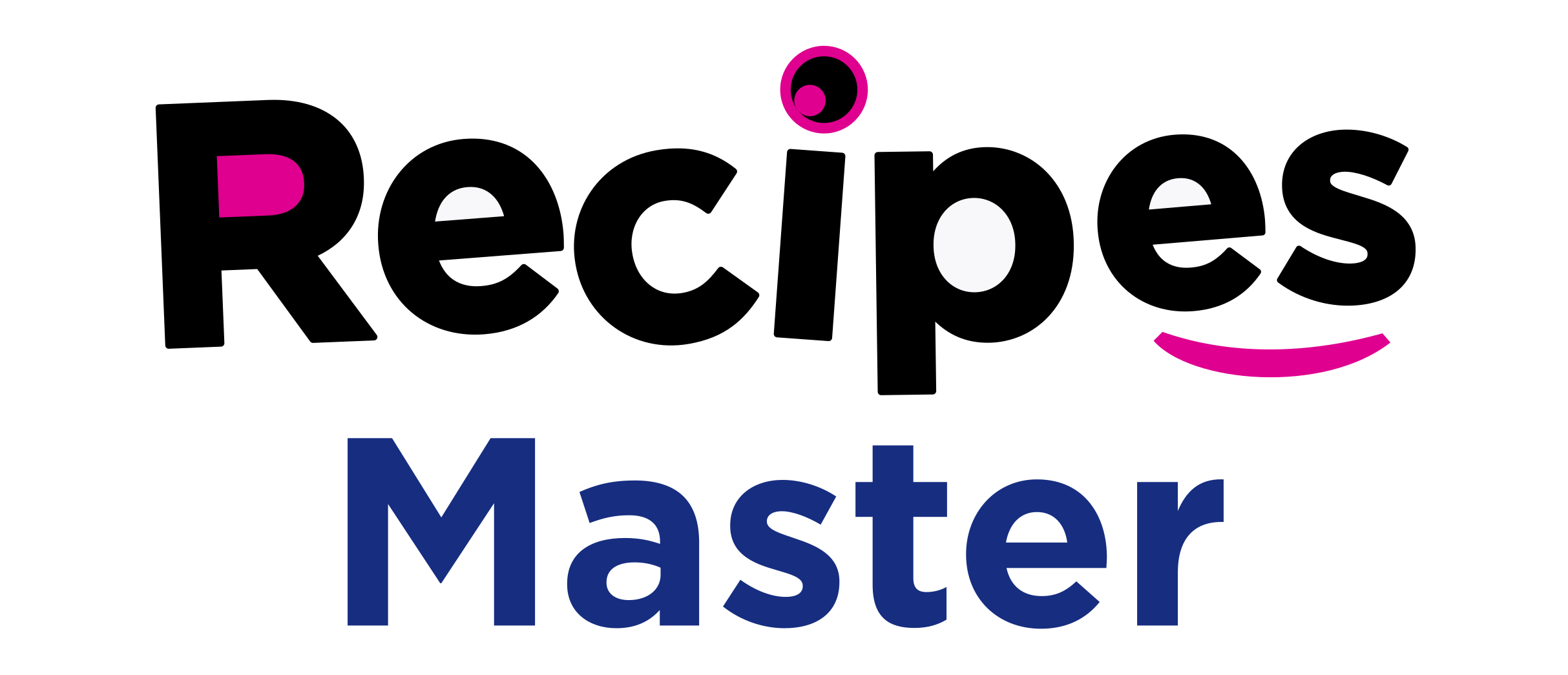
Introduction
The world of language is a fascinating playground, rich with words that hold hidden depths. Consider the seemingly simple phrase “fruit cup.” For most, it brings to mind a refreshing and colorful snack. Yet, language always has surprises up its sleeve. In the realm of slang, “fruit cup” hides a secret, playful meaning.
Slang, the dynamic cousin of formal language, loves to repurpose existing words with new, often unexpected meanings. It appears in everyday conversations, online chats, and even music lyrics. Think of how “cool” evolved from describing temperature to expressing approval. Or how “like” transformed from a conjunction to a verbal filler. Slang captures the shifting spirit of the times, adding informality and a sense of group identity.
So, “fruit cup” joins these linguistic shape-shifters. While it usually denotes a healthy snack, it also carries a hidden slang meaning. Get ready, because we’re about to explore the surprising and humorous world of “fruit cup” slang and uncover its unexpected implications!
Fruit Cup: From Delightful Snack to Unexpected Slang
Fruit cup is a phrase that typically brings to mind a refreshing, colorful treat. Bite-sized fruit pieces fill a convenient container, perfect for on-the-go snacking. However, language has its surprises. This seemingly simple term also carries a hidden meaning in the world of slang, making things far more intriguing.
This delightful fruit mix isn’t just a tasty snack; it’s also evolved into a surprising slang term within certain social circles. The origins of this slang usage remain mysterious, yet its playful nature fits the essence of slang perfectly.
Slang often transforms the ordinary into the extraordinary. It enlivens daily conversations, creating a casual vibe and a sense of group identity. Like how “cool” shifted from a temperature descriptor to a term of approval and “like” morphed from a conjunction to a filler word, fruit cup has seen its own linguistic makeover.
Now, if you’re curious about the slang meaning of fruit cup, stay tuned. We’re about to dive into its amusing and unexpected backstory, shedding light on this fascinating phrase.
Deep Dive into the Slang Meaning of Fruit Cup
The term “fruit cup” might evoke images of a healthy, refreshing snack, but it also thrives as a playful slang term. This deep dive explores the slang meaning of “fruit cup,” examining its portrayal on platforms like Urban Dictionary, its varied usage today, and its humorous applications in daily language.
Urban Dictionary: Unpacking Fruit Cup
Urban Dictionary defines fruit cup as someone dressed in an overly flashy or mismatched manner. This playful usage of the term leverages the mixed nature of fruit cups as a metaphor for eclectic fashion choices. It transforms a simple phrase into a tool for lighthearted critique, illustrating how slang captures imaginative comparisons.
Current Usage of Fruit Cup Slang
Fruit cup now describes any eclectic or jumbled mix, extending beyond fashion to ideas, decor, or behavior. For example, describing a disorganized plan as a fruit cup humorously emphasizes its chaotic nature. Additionally, the term adapts regionally with variations like fruit salad or mixed bag, enriching its local relevance and usage.
Humorous Applications of Fruit Cup
The term fruit cup injects humor into everyday scenarios. Here are some ways it’s used:
- Fashion: “Check out his outfit—a total fruit cup, like he dressed in the dark!” This comment humorously describes an outfit that clashes in styles and colors.
- Work and Ideas: “That plan was a real fruit cup—parts were good but overall too much!” Here, Fruit Cup humorously critiques a plan for being overly complicated.
- Home Decor: “Their living room? A real fruit cup—modern art next to antique furniture!” This phrase humorously notes the mismatched decorating styles.
- Cooking: “What’s for dinner? It looks like a fruity cup of ingredients. I hope it blends well!” Calling a dish a fruit cup humorously points out an unusual combination of ingredients.
The Delicious Evolution: How Slang Terms Like “Fruit Cup” Shape Language
Language is a living thing, constantly evolving and adapting to reflect the world around us. Slang terms, those playful and informal twists on existing words, play a particularly interesting role in this evolution. Take “fruit cup,” for instance. On the surface, it describes a refreshing snack. But in the realm of slang, it transforms into a way to describe someone’s flamboyant attire. This phenomenon, where food-related words take on new meanings, sheds light on the fascinating cultural impact of slang.
Foodie Slang: A Flavorful Twist on Language
Food is a universal human experience, making it a natural wellspring for slang terms. From classic examples like “hot dog” (excellent) to the more contemporary “macchiato” (someone who is overly particular), food words readily lend themselves to new and unexpected meanings. This trend highlights the playful nature of slang, allowing us to inject humor and informality into everyday communication.
Beyond Fun and Games: Slang Reflects Societal Shifts
Slang isn’t just about amusement; it can also be a reflection of, and even an influence on, societal attitudes. Consider the term “guacamole” used to describe a messy situation. This association reflects our cultural obsession with clean living and aversion to chaos. Conversely, slang like “boss babe” or “rockstar” empowers women, reflecting changing gender roles and societal expectations.
The Case of Fruit Cup: A Reflection of Style
The “fruit cup” example itself is a microcosm of this dynamic. By likening someone’s outfit to a fruit cup, we’re not just commenting on the number of colors and patterns but also potentially hinting at a lack of cohesiveness or a clash of aesthetics. This reflects a broader cultural conversation about personal style and the ever-evolving trends in fashion.
The Takeaway: A Tangy Treat for Language
Slang terms like “fruit cup” are a delicious reminder of the dynamic nature of language. They not only add a dash of humor and informality to our conversations but also serve as a window into our societal values and evolving cultural landscape. So, the next time you encounter a juicy new slang term, take a moment to savor its flavor and consider the cultural commentary it might be offering.
The Tangy Side of Slang: Examining the Ethics of Fruit Cup
Slang terms like “fruit cup” add a playful twist to language, but it’s important to consider the potential hidden implications behind their seemingly lighthearted use. While describing someone’s outfit as a “fruit cup” might be intended as a humorous jab, let’s delve deeper into the message it might convey.
Beyond the Colorful Mix: Decoding the “Fruit Cup” Slang
The “fruit cup” metaphor hinges on the idea of a chaotic jumble of colors and patterns. We use it to describe someone’s outfit, but is it simply a colorful mix or a clash? This distinction matters. Does “fruit cup” reinforce narrow beauty standards and discourage self-expression by judging someone’s personal style choices?
The Power of Words: Can Slang Be Offensive?
Slang thrives on informality, and sometimes that informality can blur the lines of social sensitivity. Using “fruit cup” to describe someone’s attire could be seen as dismissive or disrespectful, particularly if directed towards someone who might already feel insecure about their appearance. Inclusive language is paramount in fostering a positive and respectful environment.
Advocating for Inclusive Slang: Using Language to Connect
The beauty of language lies in its ability to connect, and slang can be a powerful tool for building camaraderie. However, it’s crucial to be mindful of the potential impact of our words. Perhaps instead of resorting to “fruit cup,” we could use more neutral terms like “bold” or “eclectic” to describe a unique outfit.
The Takeaway: A Responsible Approach to Slang
Slang terms like “fruit cup” are a reminder that language is constantly evolving. However, responsible use is key. Consider the potential impact of your words and strive for inclusivity. By being mindful of the hidden messages slang can carry, we can ensure it remains a tool for connection, not exclusion.
Fruit Cup Slang FAQs
Q: What does “fruit cup” mean in different social groups?
A: The most common meaning is someone wearing too many colors and patterns at once. However, regional variations exist. Some might use “fruit salad” interchangeably.
Q: How do new slang terms like “fruit cup” emerge and gain popularity?
A: The exact origin is often unclear, but slang often arises from playful twists on existing words. Social media and online communities can accelerate their spread.
Q: Why is understanding the context of slang important in communications?
A: Slang can be subjective and depend on the situation. “Fruit cup” used playfully between friends might be offensive to someone unfamiliar with the term. Context helps avoid misunderstandings.
The Sweet and Sour of Fruit Cup: A Slang Odyssey
Our journey into the world of “fruit cup” revealed a surprising double life. It’s not just a refreshing snack; it’s also a playful slang term for a colorful (or perhaps clashing) outfit. We explored its humorous applications, the cultural commentary it reflects, and the importance of responsible slang use for inclusivity. “Fruit cup” reminds us that language is a living thing, constantly evolving and shaped by the world around us. So next time you encounter a juicy new slang term, remember that it might hold a deeper meaning than meets the eye.
References
- Urban Dictionary: https://www.urbandictionary.com/define.php?term=fruitcup
- Wikipedia: Fruit (slang): https://en.wikipedia.org/wiki/Fruit_%28slang%29 (Discusses “fruit” as slang, but relevant to broader slang usage.)
- Dear Daughter, Don’t Be A Fruit Cup Girl: https://www.tiktok.com/channel/fruit-cup?lang=en (Social commentary on responsible slang use and avoiding gender stereotypes)
Related Articles
- Easy Fruit Cups: This article provides a simple guide to making fruit cups at home, which could naturally link to the discussion of fruit cups in a slang context, contrasting the literal and figurative uses.
- Are Fruit Cups Healthy? Discussing the health aspects of fruit cups can complement the slang article by providing readers with factual information about what fruit cups are beyond the slang meaning.
- What is the Difference Between Mafaldine and Reginette? Although not directly related to fruit cups, this article on types of pasta could be used to discuss variations in terminology and understanding in different contexts, similar to the varied interpretations of slang.
